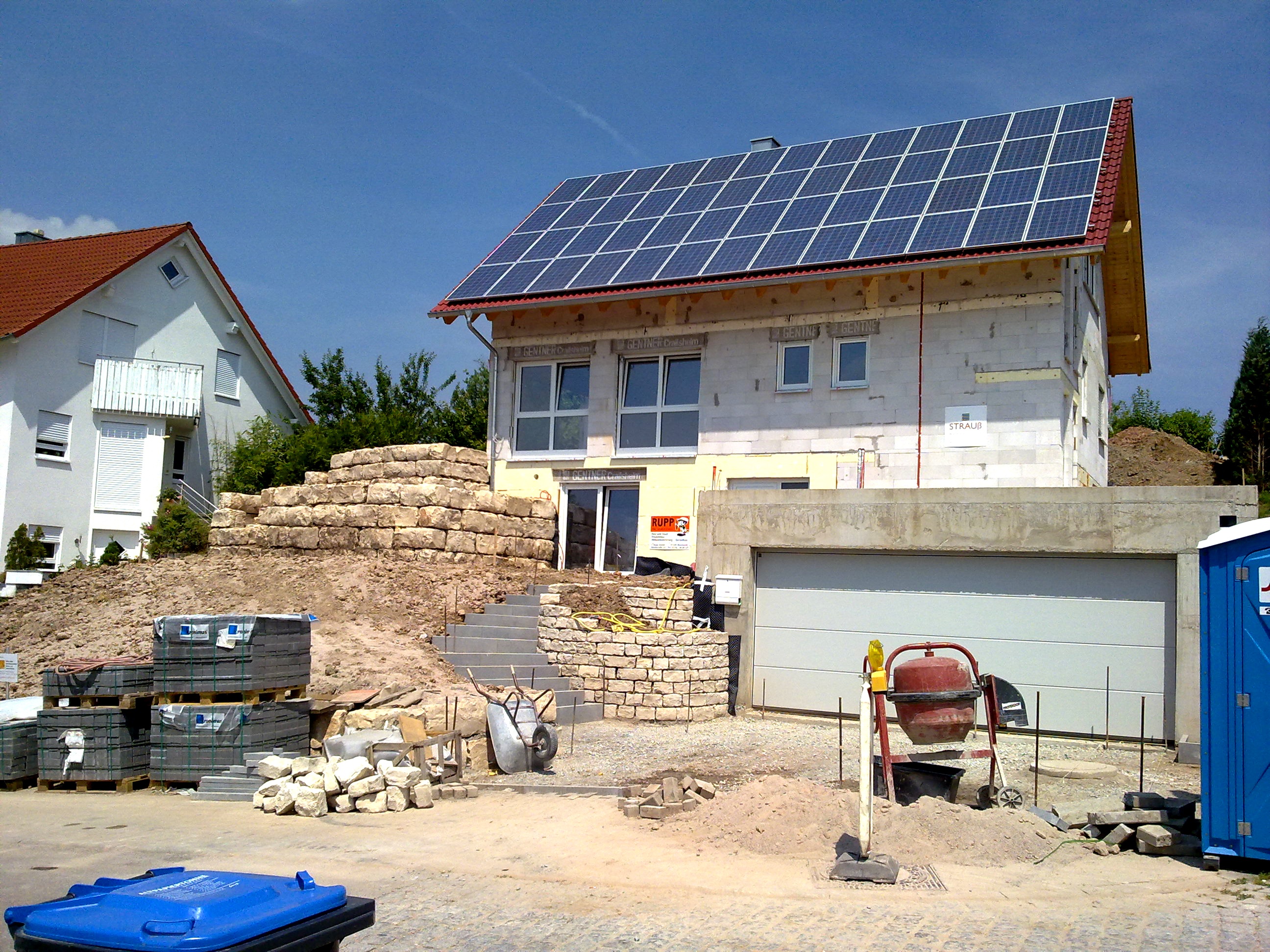
Buying a property crying out for a face lift has benefits and disadvantages - the former for anyone adequately equipped to model a profitable return and the latter for those who risk merely feeding a financially hungry white elephant.
“A home’s overall condition determines its potential for buying to fix and sell. Homes requiring major changes and structural corrections probably blow the budget and are best left to people wanting to transform the property into their own home,” says Tyson.
This is according to Chris Tyson, CEO of Tyson Properties, who says the difference is research and knowing which home fits the bill for renovations and resale. “The first trick is finding those properties with limited competition and priced below market value to allow for a substantial return on investment.”
Tyson says it is important for the seller to realize that they are likely to have to hold on to their investments for a longer period before they see profit appreciation - and that opportunity cost must be taken into consideration when judging the original purchase.
"Investors seeking out a fixer-upper must look beyond the cosmetic elements detracting other buyers and identify the rough diamonds. The ideal investment is typically buried beneath broken windows, flaking paintwork and sagging ceilings - and renovators must weigh up the payoff in terms of their time, effort and budget.
“There are also other key elements for consideration, and the first is the undisputed leading edge in any property acquisition, namely location. Buying in the right neighborhood translates into long-term appreciation and boosts the chances for selling profitably,” says Tyson.
He says next is considering the home’s layout and design - removing walls and rectifying a poorly designed property is costly and can precipitate later problems. Essentially, the core should be correctly designed with cognizance to the current demand for a seamless flow through their home”.
In conclusion, a home’s overall condition determines its potential for buying to fix and sell. Homes requiring major changes and structural corrections probably blow the budget and are best left to people wanting to transform the property into their own home, says Tyson.